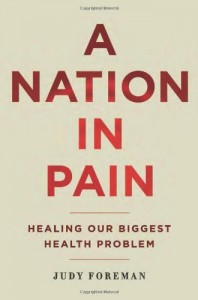By Adam Kolber | Journal of Medical Ethics | 2 May 2014
We like to think we own our memories. If we could ever dampen or erase a memory, the decision to do so, it may seem, should be ours and ours alone. On occasion, for example, patients unexpectedly regain consciousness while undergoing major surgery. Many are horrified by the experience and subsequently develop post-traumatic stress disorder. If there were a way to avoid such trauma by blocking or erasing the memory of one’s own surgery, surely patients should ordinarily be given the opportunity to do so. Indeed, intraoperative awareness presents a rare opportunity to erase a memory with limited downside.
But while we should certainly have rights to alter memories,1–3 our freedom of memory has limits. Some memories are simply too valuable to society to allow us the unfettered right to change them. Imagine a patient who regains consciousness during surgery and realises she is being raped by one or more members of her surgical team. If futuristic memory erasure could eliminate her horrifying memories, it could spare her from debilitating post-traumatic stress. But memory erasure might also eliminate the only opportunity to prosecute the offenders.




